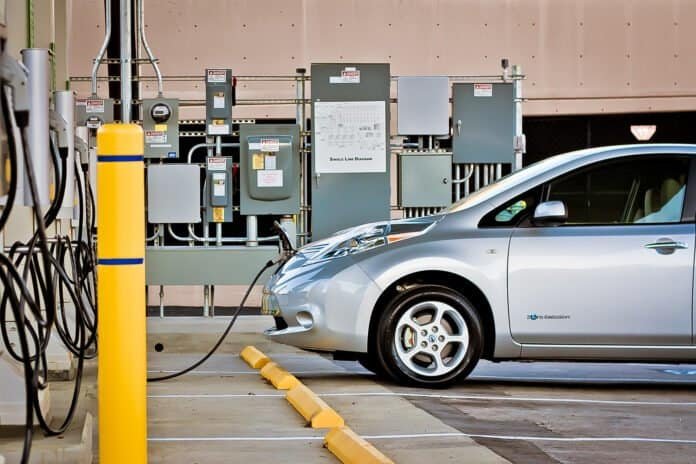The popularity of EVs will have a favourable effect on the economy of the nation as well as the social and environmental conditions. These all contribute to India’s economic expansion along low-carbon routes, supporting the net zero goal of 2070.
To significantly accelerate the expansion of electric mobility in the nation, NITI Aayog organised an electric mobility enablers conference. The conference, titled “Policy Support & Enablers to Accelerate India’s Electric Mobility,” provided a useful road map for the expansion of electric mobility in India.
Under India’s G20 Presidency, it was held concurrently with the fourth Energy Transition Working Group (ETWG) meeting. The conference provided local, national, and international players with a forum to discuss and display the development of India’s electric mobility ecosystem.
The National Electric Bus Programme, a daring and forward-thinking effort, and other topics like “Develop Vibrant EV Ecosystem in States” were topics of rich discussion at the conference. This programme intends to transform India’s public transportation system.
High-level discussions about the future of electric mobility and innovations in electric vehicle financing took place at the event as well. From 2022 to 2030, the electric vehicle market in India is projected to expand at a remarkable compound annual growth rate (CAGR) of 49%.

Upcoming major ev market progress in India
Rapid progress is being made towards the sector’s aim of 30% electric vehicle market share by 2030 in preparation for the sector’s anticipated phenomenal expansion. The popularity of electric vehicles will have a favourable effect on the economy of the nation as well as the social and environmental conditions. These all contribute to India’s economic expansion along low-carbon routes, supporting the net zero goal of 2070.
According to Suman Bery, vice chairman of NITI Aayog, “the growth of the Indian EV industry acts as a stimulus for job development. By the end of the next decade, this industry is predicted to create 5 million direct and indirect job possibilities.
These incredible opportunities offer a one-of-a-kind chance to address the twin problems of sustainable urbanisation and unemployment, assuring a better future for both people and the environment. Goa’s Chief Minister, Pramod Pandurang Sawant, declared on this occasion that all new tourist cars will be required to be electric starting in 2024. This announcement represents a huge step forward in Goa’s commitment to environmentally friendly transportation.
The G20 Sherpa, Amitabh Kant, emphasised the significance of keeping India’s EV momentum going. According to him, the future of e-mobility in India would be shaped by a low-cost finance structure, a reliable charging infrastructure, and cooperative efforts between national, state, and city authorities, all supported by a coherent policy framework.


